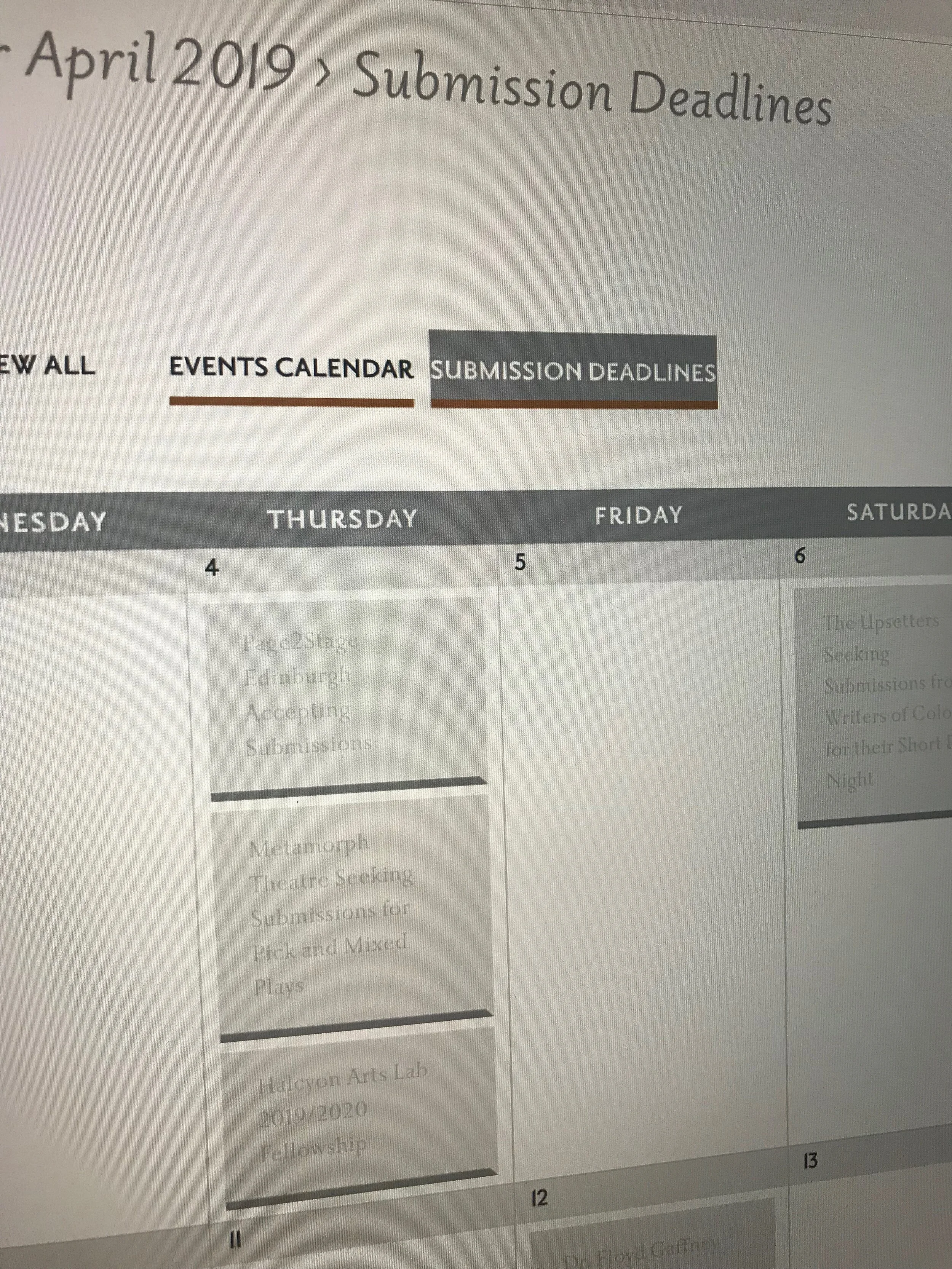Submit To Me!
/All professions are riddled with systemic flaws that everyone knows about, and yet very little is done to fix them. For playwrights and musical theatre writers the systemic flaw that I hear complained about the most is the submissions process.
Now, these complaints are completely justified. The problem with the system is…well, there isn’t one.
In the professional theatre world - at least where play and musical submissions are concerned - it’s a total free-for-all. (and not the enjoyable kind, like a lovely game of Super Smash Bros. on the good ole Nintendo 64! …no? just me being a video game dinosaur? oh coo, cool…)
And like most problems, this one gets completely ignored and nothing is really done to change it. Well, I won’t say completely ignored. Writers talk about this all the time - how messy, inconsistent, biased, and often expensive the submission process can be (yes, many come with attached fees). But the people who have the power to do something about it (aka the Theaters and the theatrical community members who receive submissions) either don’t want to change the way they do things, don’t want to engage in the discussion, don’t have the time, or aren’t aware that there is a better way to go about all of this.
And there is a better way, isn’t there?
Read More




